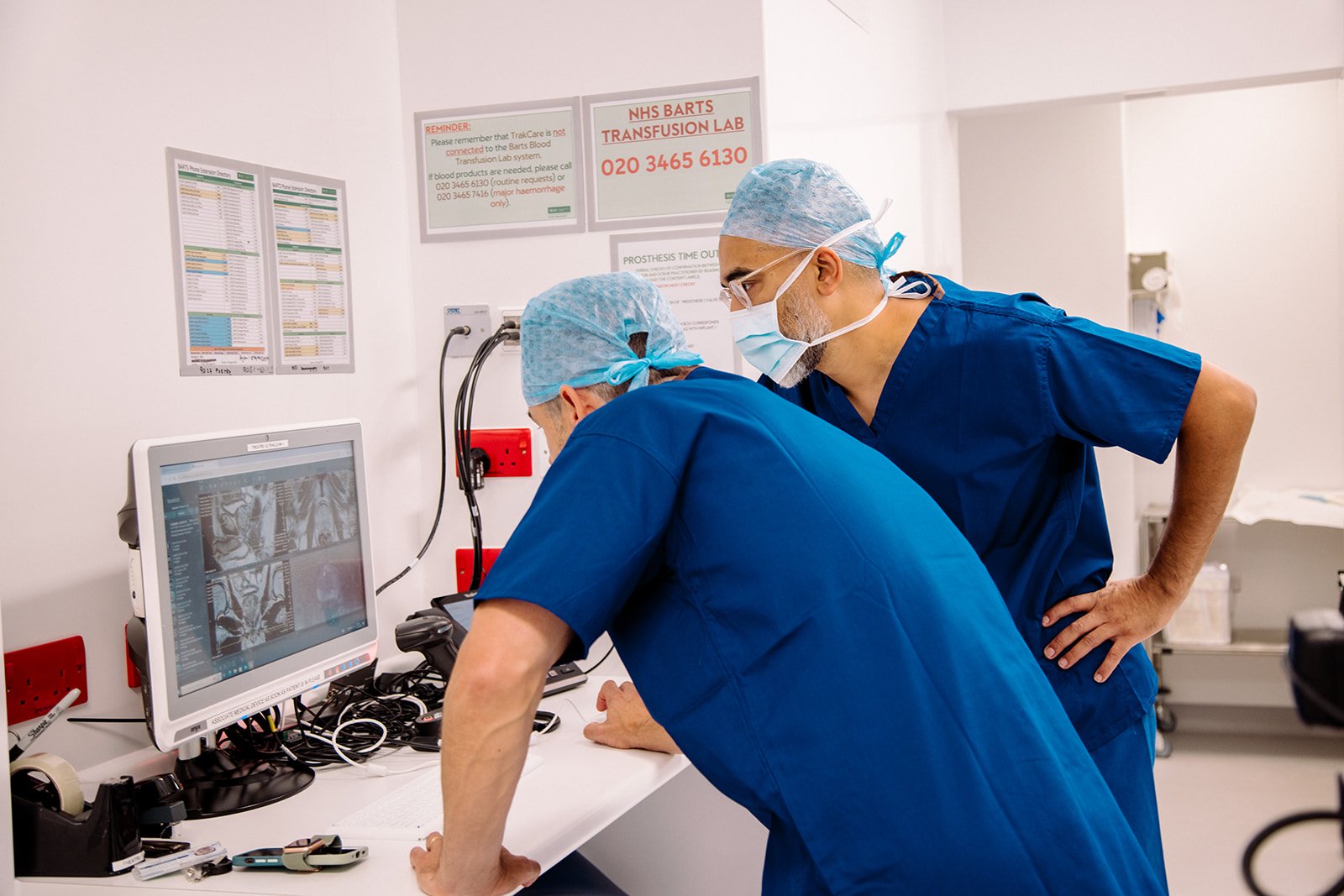Rising PSA Levels After Prostate Cancer Surgery: What Patients Need to Know
After a prostatectomy (surgical removal of the prostate), the PSA (Prostate Specific Antigen) blood test levels are expected to become undetectable. However, some patients may face a concerning situation: detectable or rising PSA levels. This article aims to provide clear, comprehensive information about this issue, its implications, and potential treatment options.
Table of Contents
Understanding PSA Levels Post-Surgery
For the majority of patients, PSA levels become undetectable after prostatectomy indicating cancer remission, which is good news. However, in some cases, PSA levels may be detectable or rise, indicating a potential recurrence of cancer cells. Here’s what you need to know:
Defining Biochemical Recurrence
A PSA level of 0.2 ng/mL or higher is defined as a biochemical recurrence [1], although most clinicians recommend further investigation or treatment if the PSA level rises to 0.1 or above. This level of PSA suggests the presence of remaining cancer cells after surgery but this is not always the case.
Possible Causes of Detectable PSA
- Cancer recurrence: A steadily increasing PSA level may indicate the presence of growing prostate cancer cells. This is due to a few cancer cells being left behind after surgery either due to incomplete removal of the tumour or due to microscopic cells that had spread beyond the gland before surgery but were not detectable on scans.
- Benign prostate tissue: Sometimes, detectable PSA can be due to benign prostate cells left behind after surgery. In this case, PSA levels may be detectable but stable or fluctuating without a sustained rise[1].

Interpreting PSA Rise Patterns
The rate and pattern of PSA increase can provide valuable information:
- Gradual rise over years: Often indicates cancer cells in the region where the prostate gland used to be.
- Rapid rise within months: May suggest cancer cells elsewhere in the body such as the lymph glands[1].
Time Frame for Cancer Spread
If left untreated, rising PSA levels may lead to further cancer spread. However, this process generally takes many years. On average, it takes about 7 years for PSA to rise from 0.2 ng/mL to detectable metastases on scans[1].
Treatment Options
Monitoring vs. Active Treatment
For very elderly or infirm patients, a watch-and-wait approach might be appropriate, as cancer spread may not occur in their lifetime. However, for fit and healthy patients, further treatment is generally recommended[1].
Recommended Treatment
The most common treatment for rising PSA after prostatectomy is a combination of:
- Hormone therapy
- Radiotherapy
This combination can be very effective in clearing remaining cancer cells for most patients[1].
Diagnostic Scans
- At PSA levels below 0.2 ng/mL, scans are unlikely to reveal cancer cell locations due to their small size.
- When PSA reaches 0.2 ng/mL, a PSMA PET/CT scan is recommended before radiotherapy to ensure there are no cancer sites elsewhere in the body[1].
Side Effects and Recovery
While hormone therapy and radiotherapy can have side effects, they are generally manageable, especially if you’ve recovered well from surgery. The better your recovery from surgery, the more manageable the radiotherapy tends to be[1].
Next Steps for Patients
If you’re experiencing rising PSA levels after prostate cancer surgery, it’s crucial to:
- Discuss your situation with your healthcare provider.
- Request an appointment with a prostate cancer oncologist to explore your options.
- Consider the pros and cons of continued monitoring versus starting treatment[1].
Remember, every patient’s situation is unique, and personalized care is essential for optimal outcomes in managing prostate cancer recurrence.
Citations
Get in Touch
Get in touch with us today! Our dedicated team is here to assist you with any questions or concerns you may have. We encourage you to reach out to us via email, phone, or by filling out our convenient online form. Your inquiries are important to us, and we look forward to providing you with the support you need.
Resources
What you can do next with healthXY
Book an Appointment
Schedule a consultation with our specialists and start your health journey today.
Explore FAQs
Find answers to common questions about our services and appointment process.
